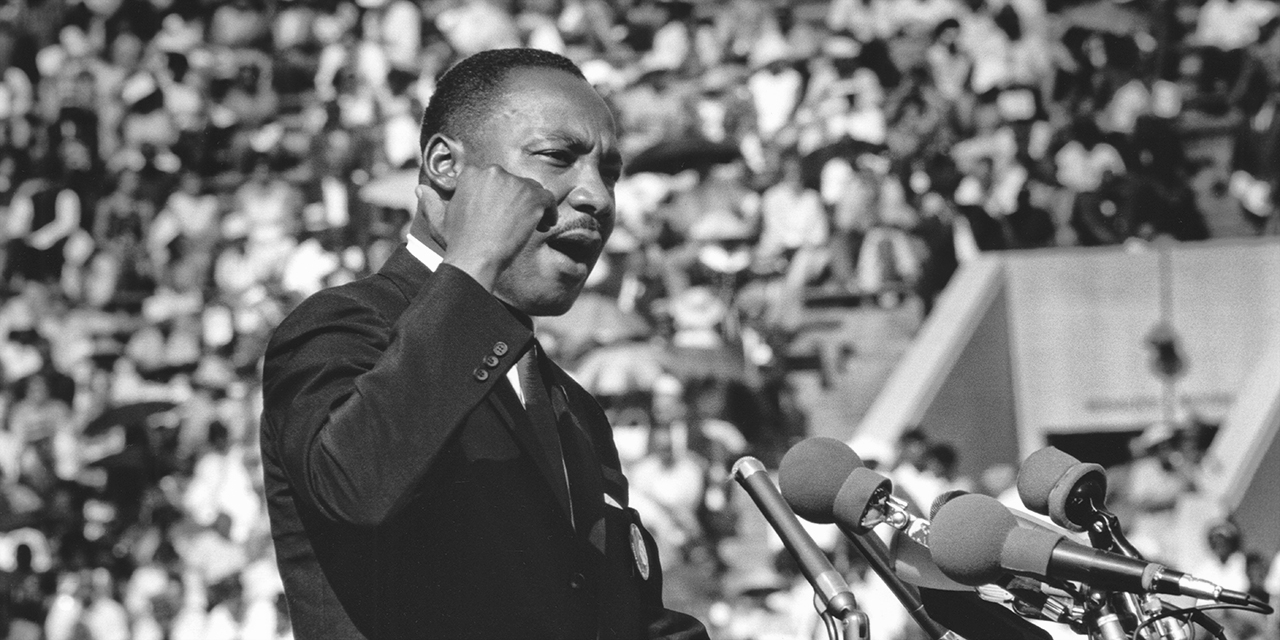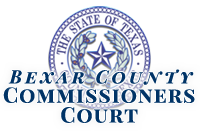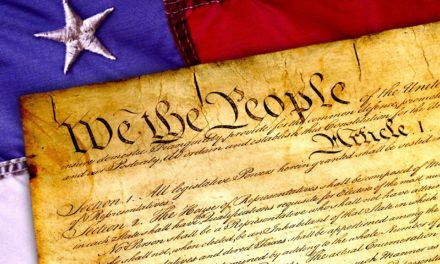San Antonio, the seventh largest city in the nation, has higher than national average numbers for people living in poverty (19% versus 12%), with disabilities (11% versus 9%), without health insurance (19% versus 10%) and who live with a lower median income (49.7k versus 57k), (US Census, 2016) We were also one of the last major cities of its size to “get” a state university, the University of Texas at San Antonio, in 1969 (Miguel De Oliver, American Journal of Education, Vol. 106, No. 2 (Feb. 1998), pp. 273-301). We have also earned the distinction of having the largest MLK march in the nation, for years in a row in fact. Given these unique attributes of the city, one might wonder why San Antonio holds the largest march, displaying what appears to be a city declaring its support for egalitarianism, peace, and justice, yet one with such staggering numbers tells a different story, of a muffled workforce and community in need, begging to be heard, one day of the year.
San Antonio held its first MLK Day March in 1987, six years after the holiday was established. Since then, it has begun drawing up to 300,000 individuals every year on January 20th commemorating the life and legacy of Dr. Martin Luther King, Jr, on the day his famous “I Have a Dream” speech was given in Washington, DC. Today, march participants include families, individual community members, nonprofit organizations, schools, churches, civic groups, colleges, universities, corporations and lots and lots of politicians waiting for their photo ops. The march has, for the most part, become a safe place for moderate politicians and other individuals of prominence who might otherwise avoid anti-war, anti-capitalist rallies put on by social justice groups. Yet, King was those things, publicly protesting the war in Vietnam and promoting Socialist ideologies. In his famous but under-shared speech, “Why I Am Opposed to War in Vietnam” he said:
“I knew that America would never invest the necessary funds or energies in rehabilitation of its poor so long as adventures like Vietnam continued to draw men and skills and money, like some demonic, destructive suction tube. And you may not know it, my friends, but it is estimated that we spend $500,000 to kill each enemy soldier, while we spend only fifty-three dollars for each person classified as poor, and much of that fifty-three dollars goes for salaries to people who are not poor. So I was increasingly compelled to see the war as an enemy of the poor, and attack it as such… I’m convinced that if we are to get on the right side of the world revolution, we as a nation must undergo a radical revolution of values. We must rapidly begin the shift from a thing-oriented society to a person oriented society. When machines and computers, profit motives and property rights are considered more important than people, the giant triplets of racism, militarism and economic exploitation are incapable of being conquered…A true revolution of values will soon cause us to question the fairness and justice of many of our present policies…This business of burning human beings with napalm, of filling our nation’s homes with orphans and widows, of injecting poisonous drugs of hate into the veins of peoples normally humane, of sending men home from dark and bloody battlefields physically handicapped and psychologically deranged, cannot be reconciled with wisdom, justice, and love. A nation that continues year after year to spend more money on military defense than on programs of social uplift is approaching spiritual death…” (King, Martin, Luther. “Why I Am Opposed to the War in Vietnam.” Riverside Church, New York, 30 April 1967).
Before his untimely death in 1968, Dr. Martin Luther King, Jr. was involved in organizing the “Poor People’s March” on Washington. He marched with striking sanitation workers, supporting their safety, dignity and livable wages as workers and strongly promoted the concept of universal basic income (UBI): the idea that humanity should be creative beyond capitalism in its ways to sustain human life. He described the still radical concept of helping the poor in his last book written in 1967 called “Where Do We Go From Here: Chaos or Community”:
“…It is a cruel jest to say to a bootless man that he ought to lift himself by his own bootstraps… They find themselves impoverished aliens in this affluent society. And there is a great deal that the society can and must do if the Negro is to gain the economic security that he needs.
Now one of the answers it seems to me, is a guaranteed annual income, a guaranteed minimum income for all people, and for all families of our country. It seems to me that the Civil Rights movement must now begin to organize for the guaranteed annual income. Begin to organize people all over our country, and mobilize forces so that we can bring to the attention of our nation this need, and this is something which I believe will go a long, long way toward dealing with the Negro’s economic problem and the economic problem which many other poor people confront in our nation.”
According to corporate politicians and their media counterparts, these concepts weren’t popular then and they still aren’t now. It’s true that King was reviled in the last few years of his life by those forces (politicians, media), as shown in the MLK 2018 documentary detailing the last three years of his life, “King in the Wilderness,” available for viewing for free on YouTube, but he was always loved by the people. Which is why, given the true nature of King as a radical, (especially evident towards the end of his life), one must wonder if his memory has been sanitized, depoliticized and presented in faux post-civil rights terms by powerful entities for their own benefit? Because if the march had a true socioeconomic impact, most politicians and business owners would run screaming from the event instead of anxiously posing for pictures. Because everyone knows that most politicians are rarely daring, with few exceptions. There are those that call themselves Democratic Socialists (Bernie Sanders) and those who run on a UBI platform in the 2020 Presidential Election (Andrew Yang), but mostly, politicians aren’t changemakers and they don’t support the type of individuals that work tirelessly to do the kind of work that King did then, today. Like King was then, these individuals are considered troublemakers (who unless they are lionized by some turn of historical timing, will not even be falsely commemorated in any way).
So, given the radical nature of King and the shameless self-promoting by politicians and the prominent business class that goes on at the MLK March, this begs the question, “Why is there such a massive turnout in San Antonio, considering the US Census numbers? Does it mean because we have higher than national numbers (of people living in poverty, with disabilities, who don’t have health insurance coverage and who subsist on a low median income) that the community is more engaged, inspired and passionate about social change because of our low living conditions? Or does it mean that the march is a once-a-year social gathering co-opted for show by local government, police, military, corporate business and other entities wishing for free PR? Is it both?”
Perhaps. Give someone who suffers the indignities displayed by the US Census the day off and works multiple jobs free transportation to a government and media supported march and likely they may consider going. This helps explain the large numbers. But the fact that these very same people (paraded on TV, counted on government websites, corporate newspapers, social media and otherwise tallied for purposes of declaring “San Antonio has the biggest MLK March in the country”) return to their multiple, high stress jobs are the people whose needs are likely to be ignored by the same politicians who posed for pictures at the MLK march, is hypocrisy at its finest. Let’s see the political and business class join marches and campaigns for higher wages, single-payer health care, sick and vacation leave for workers, universal basic income and other initiatives that support the working class. That would be truly emulating and building on the work of King, not just a one-day-of-the-year occasion for a shameless self-promoting and embarrassing photo op. True change comes from the ground up, not the top down and it takes foresight and daring to be different. King knew that. If the political and business leaders of San Antonio knew of the impact they could have on the livelihoods’ of their community for generations to come simply by working with the community, year-round, daringly, and not just on January 20th, that is something Dr. King would be proud of which would be a true distinction of merit for our city.
Emphasis on MLK March Numbers Eclipse Staggering Socio-Economic Inequality Reality












